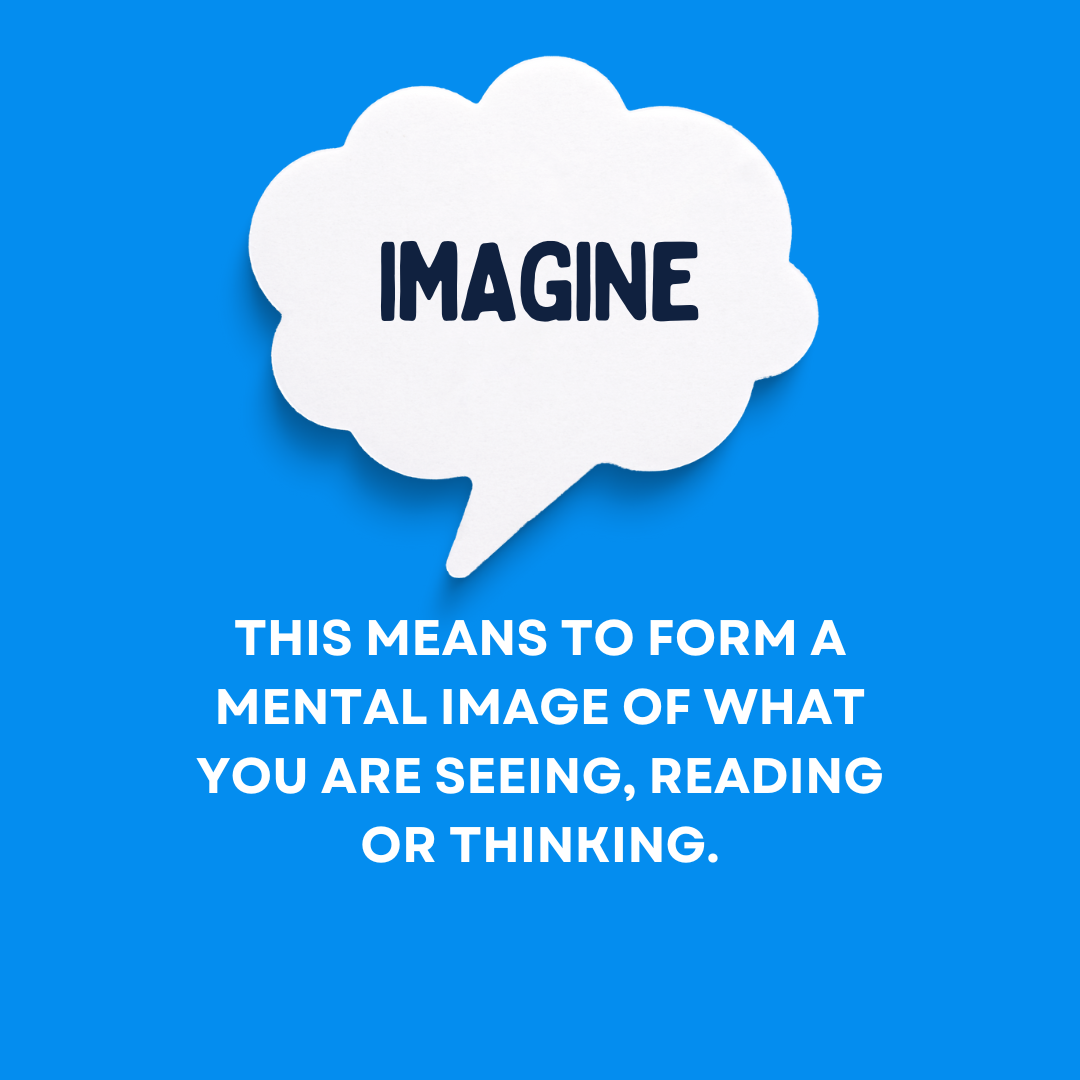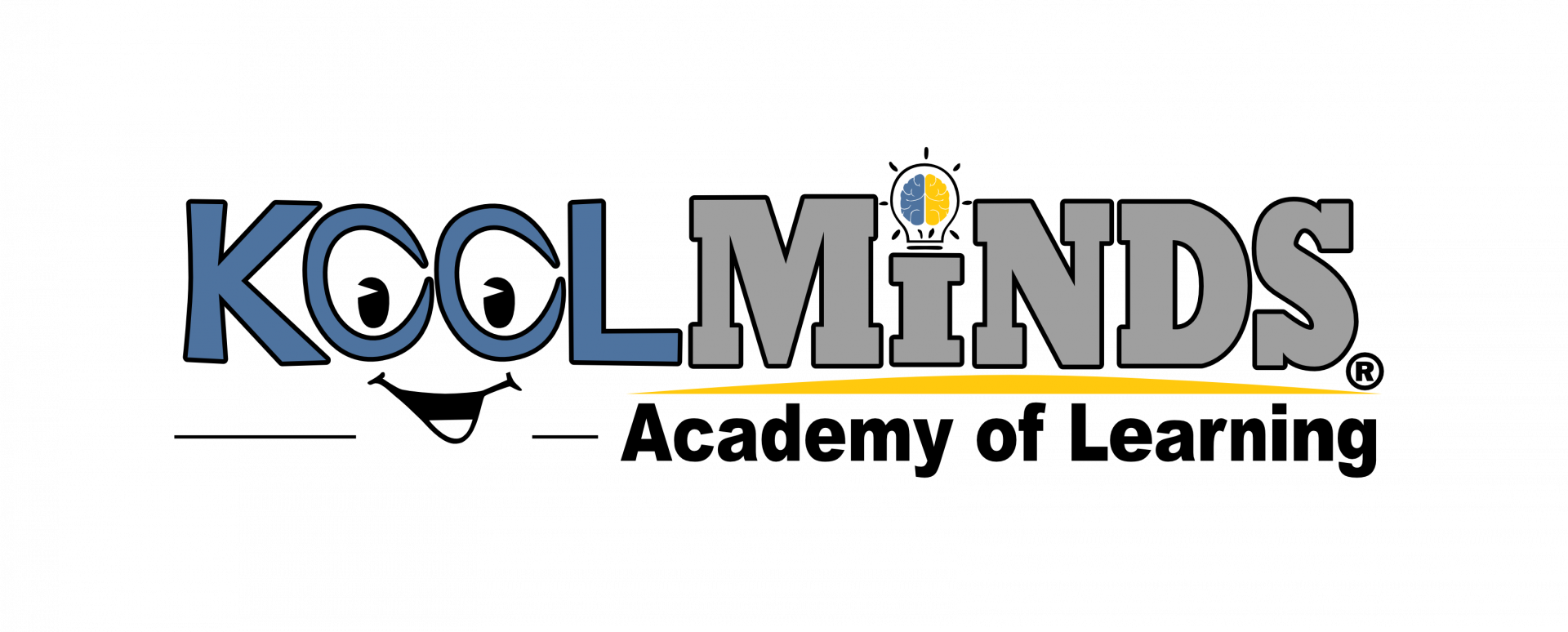Aug 2
/
KoolMinds Online
Conceptualization is Key
Yep, it's a mouthful! Learning the benefits of conceptualizing can greatly improve recall and the ability to implement ideas into practice.
“When you’re reading, can you see a picture in your mind?”


This is one of the questions we ask during the initial assessment of our students. The ability to conceptualize, or visualize, is a big determining factor in whether or not we can recall information.
Imagine being in a parking garage and dealing with the age old problem of forgetting where you parked. Our brains take in details that allow us to recall. Maybe you remember being near the elevator, that the columns were yellow and there was an entrance to Smith Street nearby. Those few details can be the difference between a quick trip to the mall, or a very frustrating Seinfeld episode.
Or maybe you have to do a book report and you read the book, cover to cover, but you don’t really see a picture in your mind when you read. How much harder would it be to report back what the book was about if you can’t imagine the story as its happening?
Conceptualization is a crucial step in problem-solving, planning, decision-making, and creativity. It allows you to explore different perspectives, think critically, and come up with innovative solutions or approaches to various challenges.
Ever had your favorite book turn into a movie and it’s not how you pictured it? The characters are dressed all wrong and the story isn’t unfolding like you remember. Well between the author, screenwriter, costumer, cinematographer, director, YOU and the dozens of others involved there are bound to be some creative differences in how the movie plays on the big screen. We all visualize or conceptualize differently.
How Can It Be Improved?
Well, visualizing is a skill. Like a muscle you train, your capacity to visualize improves with enough practice. Several of the exercises we do at KoolMinds, in our Cognitive Program, help to improve this skill. They involve visualizing, organizing, and structuring thoughts and ideas to create a clear understanding or representation of something.
During conceptualization, you take a general or broad concept and break it down into smaller, more manageable parts or components. For example, taking a long word and breaking it into smaller words to remember how it’s spelled. This helps in creating a framework or mental model that can be easily communicated and understood by others. This process also helps in clarifying ideas, identifying patterns, and developing a solid foundation for further development or implementation.
Want to learn more about some of the ways we can improve conceptualization through our BrainWorks Cognitive Skills program? Visit www.koolminds.com/adhd
Who We Are
Dedicated team of instructors, teachers, professionals, moms, dads, and communities looking to make a difference in these bright but struggling students.
Featured Links
Copyright © 2025
#1 This is a title
#2 This is a title
#3 This is a title
Thank you
for your interest!
A KoolMinds representative will be in touch soon.
If you'd like to speak to someone now,
please call 866.566.5637
Questions?
Call or Text Us Now
866-566-5637

